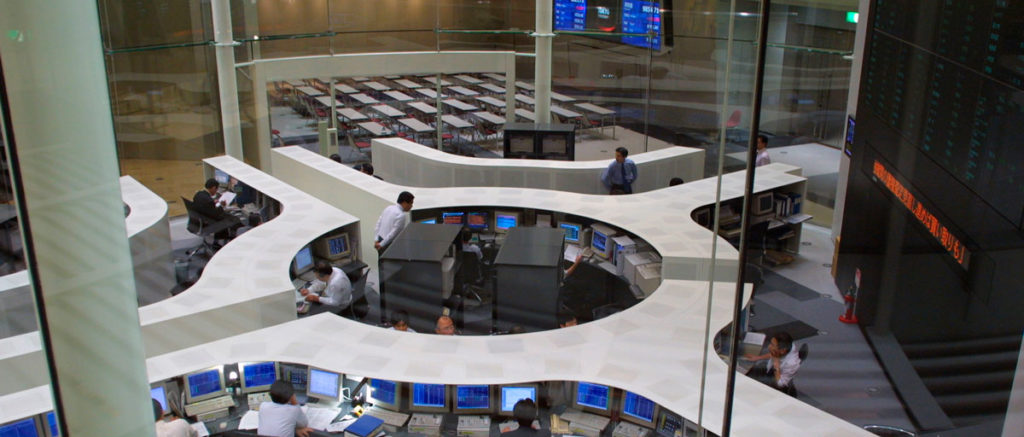Banks, investors, and other financial actors are key players in the global economy and seem to increasingly affect forests, oceans and other ecosystems around the world.
At the same time, we know surprisingly little of the extent of these effects.
It’s time ecologists and other global change scholars start paying much more attention to how these actors could impact on biodiversity and ecosystem services worldwide.
These are the main conclusions in an article published in Trends in Ecology and Evolution (TREE) by a team of researchers from Stockholm Resilience Centre, the Global Economic Dynamics and the Biosphere Programme at the Royal Swedish Academy of Sciences, the Beijer Institute of Ecological Economics, and the Stockholm Environment Institute.
The study is the first to explore the connections between financial markets and ecological change in depth, including the first mapping of the development of ultrafast so called “algorithmic trade” with commodities, many of which have links to ecosystems.
